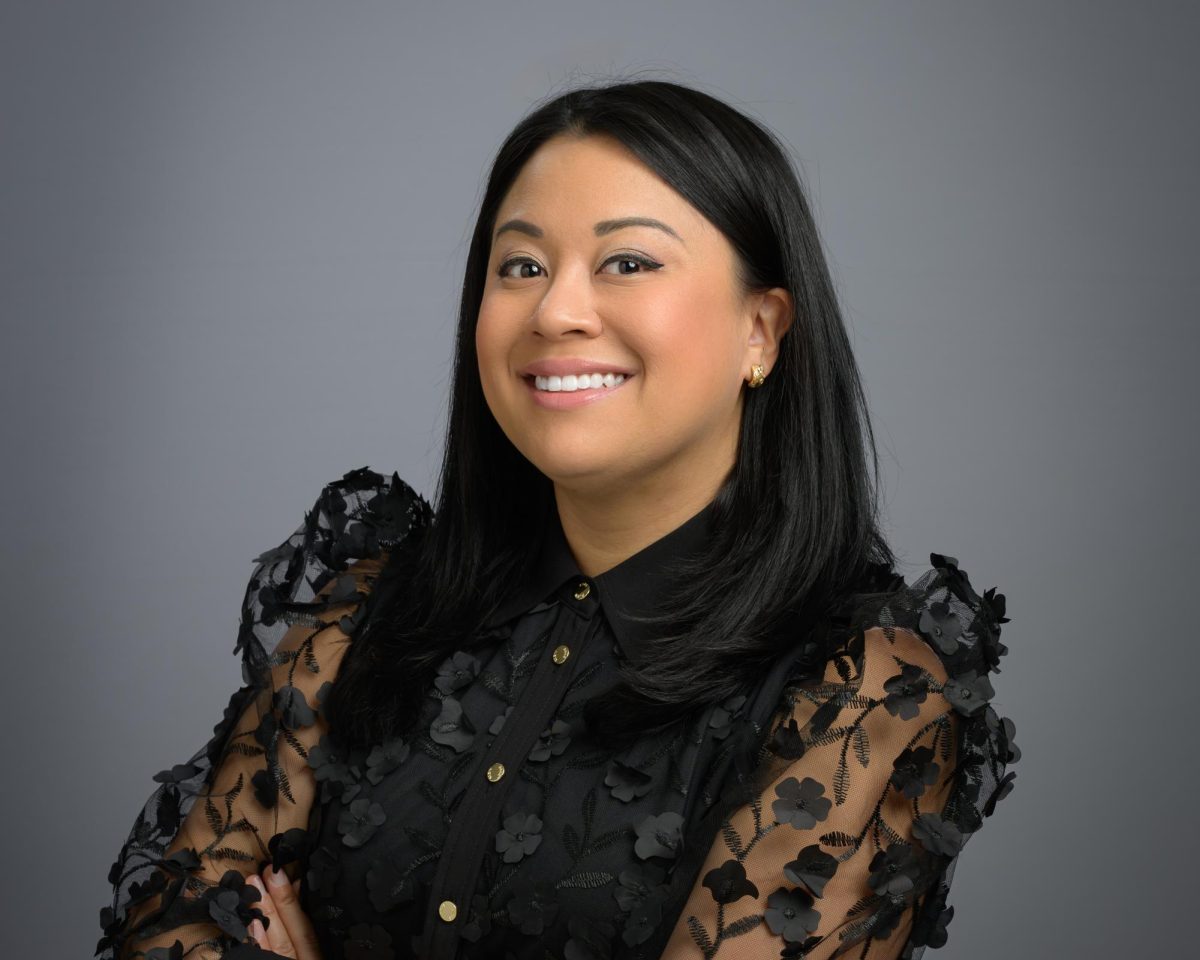The Office of Discovery and Translation (ODAT) funded eight projects this fall to improve health equity and accessibility in Minneapolis and across Minnesota.
ODAT is a funding program at the University that funds research and projects proposed by applicants that will lead to new health care innovations. Every year, ODAT chooses an area of focus for the projects they fund, and this year they chose health equity and accessibility.
“Health equity and health disparities have been a growing area of interest in health care so we have been increasingly focusing our efforts on this,” Jodi Fenlon Rebuffoni, ODAT’s senior program manager, said.
The eight programs this year will improve health equity by addressing numerous areas of health care disparities among different communities.
Those included in these eight projects, which often receive disparate health care from medical professionals, include LGBTQIA+ people, people of color and those from rural areas. Other projects in the ODAT initiative focus on under-addressed disparities in specific medical conditions including cerebral adrenoleukodystrophy, chronic kidney disease, and congenital heart disease.
“One area we were really consistent about is making sure we were funding in the area of health equity and accessibility, [and] that we were covering as many different types of populations as well,” Rebuffoni said.
Although each of the programs cover drastically different aspects of health disparities, project leaders said their initiatives prioritize taking direction from the communities most affected by the topic of research.
Wendy St. Peter, one of the project leaders, plans on doing this by sending open-ended surveys to people affected by the issue, holding discussion groups and generally consulting with the patients affected to see what course of action they would recommend.
St. Peter is a professor in the University’s College of Pharmacy and is currently leading a project to reduce medical-related disparities in African Americans with chronic kidney disease through her national initiative “Advancing Kidney Health Through Optimal Medication Management.”
St. Peter said her project cannot be done without first consulting with the people affected by these disparities to understand the root cause of the disparate health care, in this case, in African American patients with chronic kidney disease.
“Being a healthcare professional, oftentimes in the past, we think we know where the problems are,” St. Peter said. “We think we know what the solutions are, but oftentimes, we’ve created those solutions without those underlying communities and we’ve shown that that hasn’t been very effective.”
In her project, St. Peter will start by distributing surveys to African American patients with chronic kidney disease to shed light on issues they have noticed in health care. The project will use their responses to guide discussion groups that will start to unpack the root causes of these health disparities.
She added that in the project, “we are going to create a nationally recognized training and education program for pharmacists that embraces diversity [and] addresses key disparities in medication optimization in communities like African Americans.”
The purpose of creating the education program is to train the next generation of healthcare professionals to apply this education and address health care disparities in their future careers. Rebuffoni emphasizes that taking this approach is important for all of the projects.
Rebuffoni said she hopes these initiatives will draw attention to health equity and accessibility so the students working in the projects will be motivated to continue working on similar initiatives in their careers.
Julie Gray, a fourth-year pharmacy student, said she started working on St. Peter’s project and plans to take the information she learns about disparate healthcare into her future career as a medical professional.
“What I would like to get out of it is just understanding the disparities that are happening specifically with kidney health,” Gray said.
Gray is currently working with the University’s Institutional Review Board to get approval for the project.
“My hopes are to provide, pharmacists mostly, but health professionals with the tools, background and the education to address these medication-related disparities in many different populations,” Gray said.












